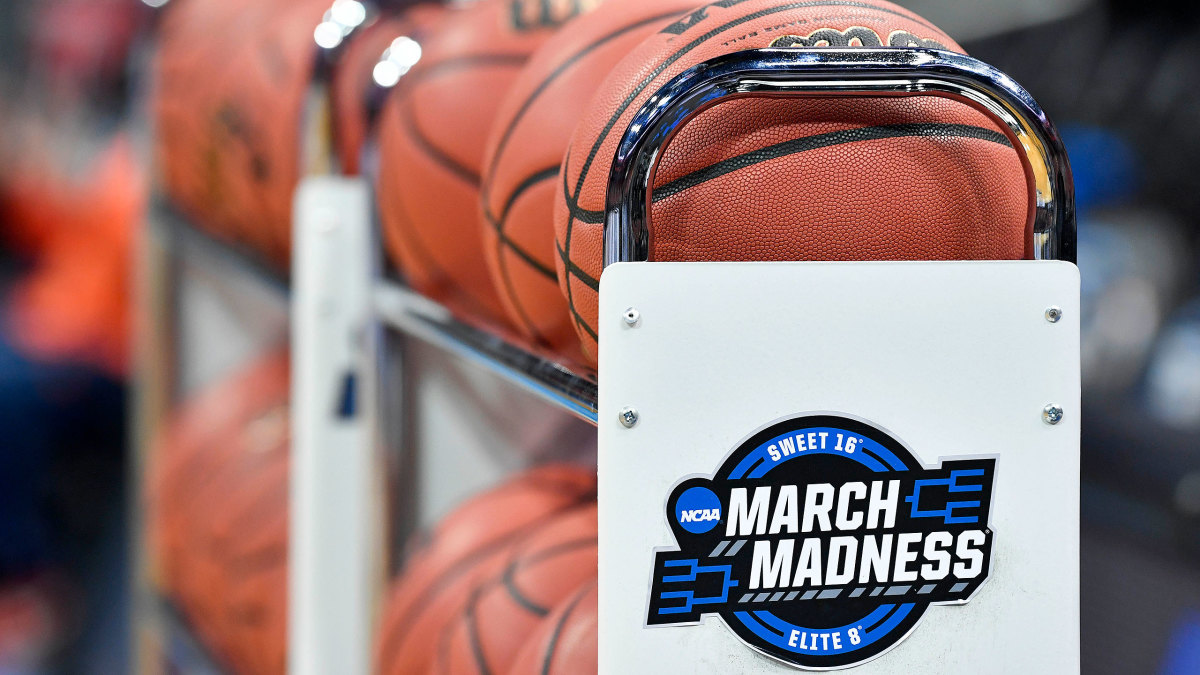First Coronavirus Financial Ripple Effects Felt in NCAA With Revenue Distribution Slashing
The first financial effects of the coronavirus pandemic came home to roost on college sports Thursday, when the NCAA announced a massive slashing of revenue distribution for 2020.
The NCAA Board of Governors voted to allot $225 million to member schools, a 62.5% decrease from the expected $600 million. The shortfall is attributable to the cancellation of the NCAA’s biggest money maker, the men’s basketball tournament, plus all other canceled championships in winter and spring sports.
“As an association, we must acknowledge the uncertainties of our financial situation and continue to make thoughtful and prudent decisions on how we can assist conferences and campuses in supporting student-athletes now and into the future,” said Ohio State president Michael Drake, chairman of the NCAA Board of Governors.

Of that $225 million allotment, $53.6 million will go to the Equal Conference Fund, which will be split between the Division I basketball-playing leagues that “that meet athletic and academic standards to play in the men’s basketball tournament.” There are 32 such conferences in Division I, which means an average of $1.68 million per conference. It is the prerogative of each conference to decide how to distribute that money, but the amount per school is rather paltry when factoring in the 353 schools currently playing D-I basketball.
Big 12 commissioner Bob Bowlsby said on a teleconference Thursday that the NCAA revenue distribution will be a decrease of about $14 million from what his league had expected.
The rest of the money is split among other funds. The NCAA’s accounting of where the money goes can be found here.
The financial hits will keep coming from other areas for conferences, most notably the loss of league basketball tournament revenue. Bowlsby said his league lost about $6.6 million from the cancellation of its tourney in Kansas City.
At the same time, there will be some savings in expenditures from not playing through the rest of the 2019-20 academic year. But that will not come close to offsetting the revenue losses.
"We're going to be down about $1 million in my estimate,” Wyoming AD Tom Burman told SI's Ross Dellenger. "It's scary."
The NCAA also took out a line of credit to pay its bills, an unprecedented move for the association. The association’s release said its $270 million event cancellation policy will repay the credit line and cover the remaining revenue distribution over the next 12 months.
“The Association has prepared for a financial catastrophic event like the one we face now,” Drake said. “While we certainly have challenges ahead, we would be in a far worse position had it not been for this long-standing, forward-focused planning.”
Despite that, the NCAA said it will be “undertaking a variety of cost-cutting budget measures that will be determined in the upcoming weeks.”
The financial ripple effects from the pandemic are just now beginning to be felt by all walks of life. College sports, which for years has enjoyed a robust boom cycle, is by no means immune. The question now is how deeply it will affect an industry that has become accustomed to lavish spending on salaries and facilities.
That uncertainty could easily spill over to attempts to compensate student-athletes. Legislation has been passed or is pending in many states, with the NCAA moving earlier this year to seek Congressional intervention and uniform national regulation. That issue has moved from front burner to back burner amid the current climate, but eventually it will return to prominence.
The problem is that money theoretically available through local sources—school donors and businesses—could be drying up with the economic downturn. That could impact both the universities and athletes seeking name, image and likeness compensation.
“There’s just going to be less money to go around,” said one Power 5 athletic director. “How much less, and for how long, we don’t know. But we need to be ready to adjust to that.”
More From SI.com Team Sites:
Big 12 Commissioner Addresses Immediate Future of Conference
Ryan Day Uncertain About Merits of Shortened Season
Dabo Swinney Not Opposed to 'Summer Mini-Camp'
